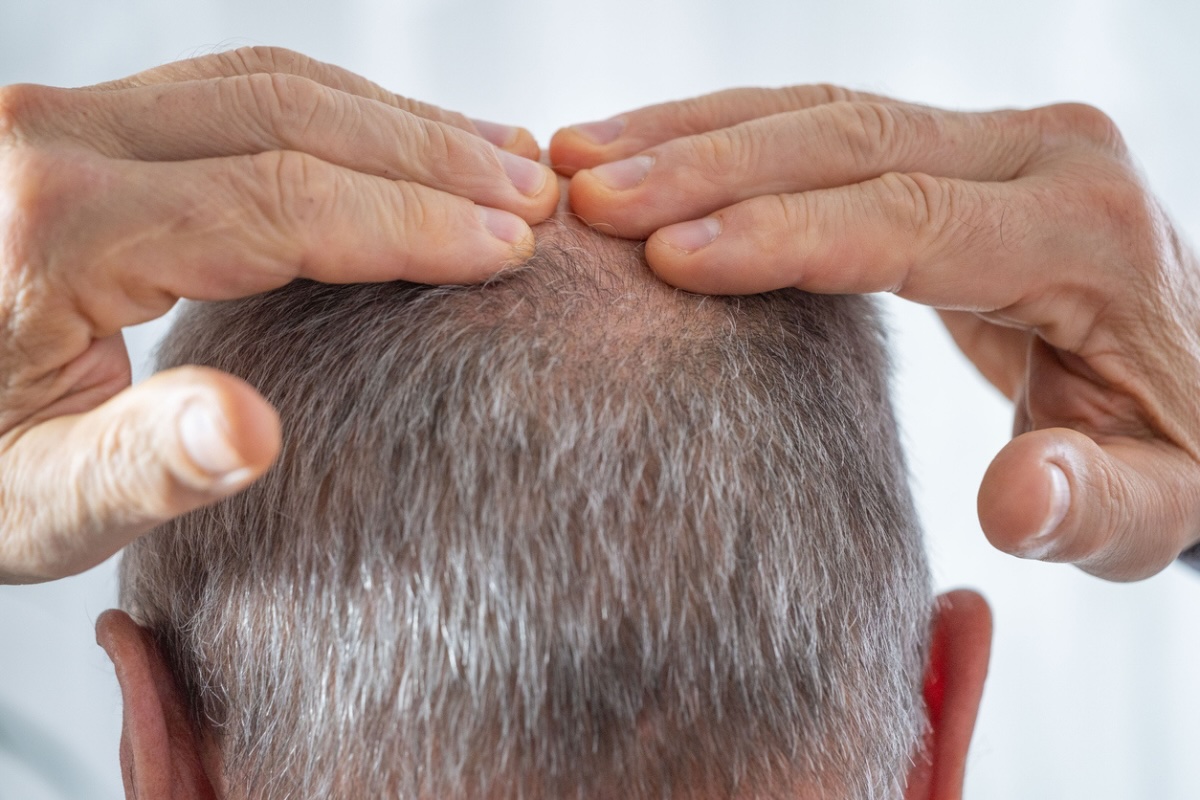The next time you want fries with that, you might want to reconsider. Frequent consumption of fried foods, especially deep fried potatoes, was associated with a higher risk of anxiety and depression in a new study conducted by researchers from Hangzhou, China.
The PNAS research followed 140,728 UK Biobank participants over a ten year period. Subjects who frequently ate fried foods, especially fried potatoes, had a 12 percent higher risk of anxiety and a 7 percent higher risk of depression.
Acrylamide-Brain Connection
A class of chemicals called acrylamides appears to be the culprit. Cooking starchy foods such as potatoes at high temperatures forms acrylamides. A chemical process known as the Maillard reaction produces acrylamide as a byproduct.
Previous studies have blamed acrylamides for several adverse health effects, including neurotoxicity, carcinogenicity, and reproductive toxicity. The authors pointed to an investigation of long-term exposure to acrylamides causing anxiety- and depressive-like behaviors in adult zebrafish.
Ketamine Assisted Psychotherapy for Treatment-Resistant Depression
Acrylamides significantly down-regulated the gene expression of tjp2a related to brain-blood barrier permeability, the study suggested. Decreased permeability interrupted delivery of nutrients and oxygen to the brain. Previous studies have linked such disruptions to inflammation and oxidative stress. All of these effects may contribute to anxiety and depression, the researchers surmised.
Long-term exposure to acrylamide can also cause disruptions to the brain’s lipid metabolism. When essential fatty acids decrease and free fatty acids increase, this may raise anxiety and depression, the researchers found.
Experts Urge Caution
Gunter Kuhnle, a professor of nutrition and food science at the University of Reading, pointed to some details in the study that may have skewed the results.
“… those who consumed fried food were also more likely to be active smokers, have a higher body mass index and were more likely to have lower income and a lower educational background; factors that are likely affecting mental health and that cannot be completely excluded in the analyses they conducted,” he said.
Kuhnle noted that the study appeared to have found an association for certain fried foods but not all those investigated.
“They report an association with fried potatoes and white meat, but not fish, even though fried fish as part of fish and chips is likely an important contributor to fried food intake and an important source of oily fish!” he said.
Another scientist expressed concerns about how to interpret the findings.
“As although acrylamide is formed in fried foods like chips, crisps, and fries, it is also produced by baking and toasting, so toasted bread and roasted coffee are also significant sources of this compound which has previously been associated with an increased risk of cancer,” said Duane Mellor, a senior lecturer at the Aston Medical School. “It is possible that people who consume more fried foods may have other risk factors which increase their risk of mental health problems…”
Cutting back on fries may be good for a variety of health reasons, including better mental health, the authors suggested. But related to fries or not, depression in America is on the rise. An estimated 21.0 million adults in the US report having had at least one major depressive episode, according to National Institute of Mental Health statistics.


